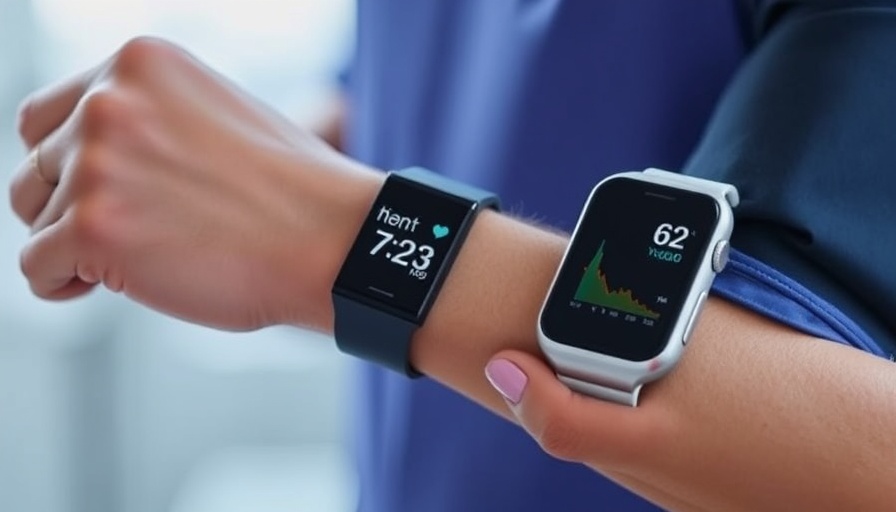
Are Fitness Trackers and BP Monitors Truly Effective?
In today’s health-conscious world, many individuals rely on technology to keep track of their well-being. A recent study led by researchers at Ohio State University has revealed that a significant number of Americans are using devices like smartwatches, portable blood pressure monitors, and fitness apps. Specifically, 66% of surveyed U.S. adults reported regularly using such tools to monitor their heart health. However, there lies a crucial gap: 75% of these individuals do not engage their healthcare providers with the data these devices collect.
Understanding the Importance of Communication
The disconnect between self-monitoring and professional engagement raises the question: If these devices are designed to improve our health, why aren’t we using the data they collect to start conversations with our doctors? As Laxmi Mehta, director of Preventative Cardiology and Women’s Cardiovascular Health at the OSU Wexner Medical Center, points out, self-monitoring can lead to early detection of health issues. For instance, consistent readings of rising blood pressure might prompt an earlier discussion with a physician rather than waiting for the annual checkup.
Real-Life Scenarios: Bridging the Gap
Consider the story of a small business owner who, through her smartwatch, noticed irregular heart rhythms. Instead of simply observing these numbers, she decided to consult her doctor. This proactive approach ultimately helped her catch a potential heart condition before it escalated. This case exemplifies the importance of using technology not just as a tracker, but as a platform for vital health discussions.
Future Trends: Enhancing Health Communication
Moving forward, it’s crucial that both manufacturers and healthcare providers work together to facilitate communication. Technology should not only track physical metrics but also encourage dialogues about heart health and overall well-being. With advancements in health-tech, products that seamlessly integrate data-sharing features could be on the horizon, turning personal health monitoring into a collaborative endeavor.
Practical Steps for Better Health Conversations
For those who use health monitors, integrating this data into your healthcare routine is essential. Here are some practical steps to ensure you are maximizing the benefits of your devices:
- Schedule Regular Check-ups: Consider making appointments specifically to discuss your monitoring data rather than saving it for standard visits.
- Bring Your Data: Always take your device’s data with you. This empowers your physician to provide insights based on real-time information.
- Engage and Ask Questions: Don’t hesitate to ask your doctor about your readings and how they relate to your overall health strategy.
Conclusion: Prioritize Your Health Conversations
As we embrace technology to manage our health, it's essential to bridge the gap between self-monitoring and professional medical advice. The devices we use are powerful tools that can enhance our understanding of our health, but they should also be a springboard for deeper discussions with healthcare professionals. By engaging actively with the data, we empower ourselves and enhance our overall health management.
It's time to take action and ensure your health conversations are as informed as they can be!
 Add Row
Add Row  Add
Add 




 Add Row
Add Row  Add
Add 

Write A Comment